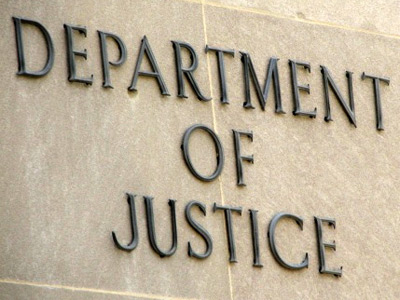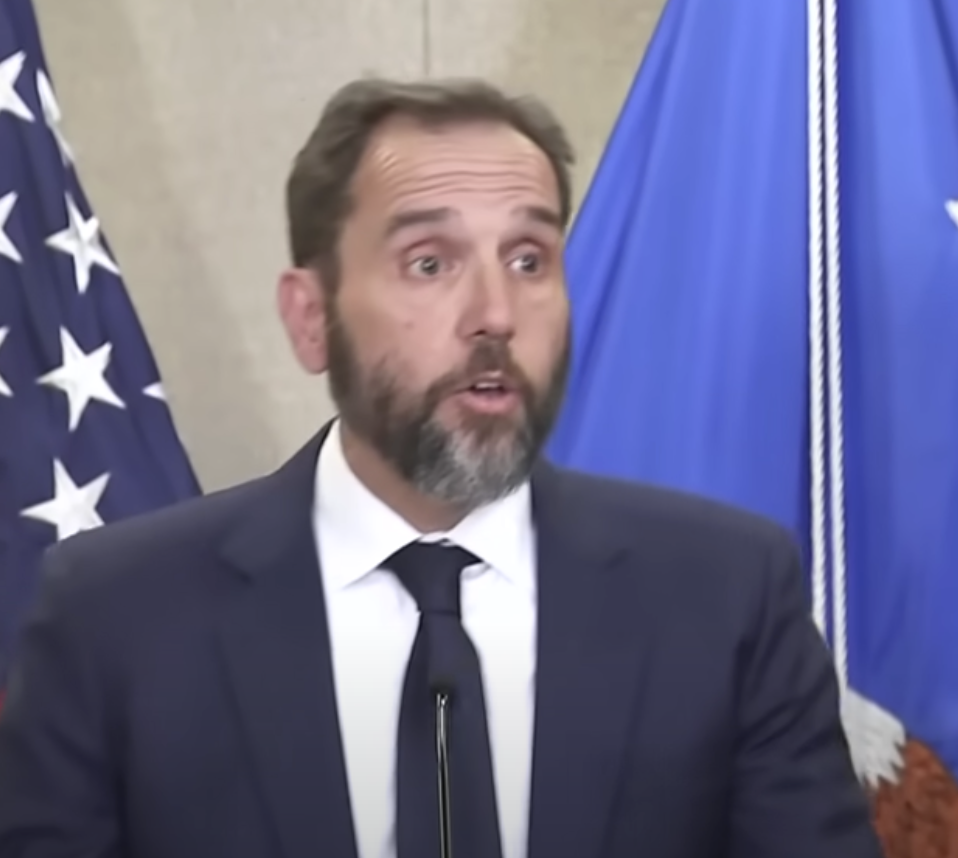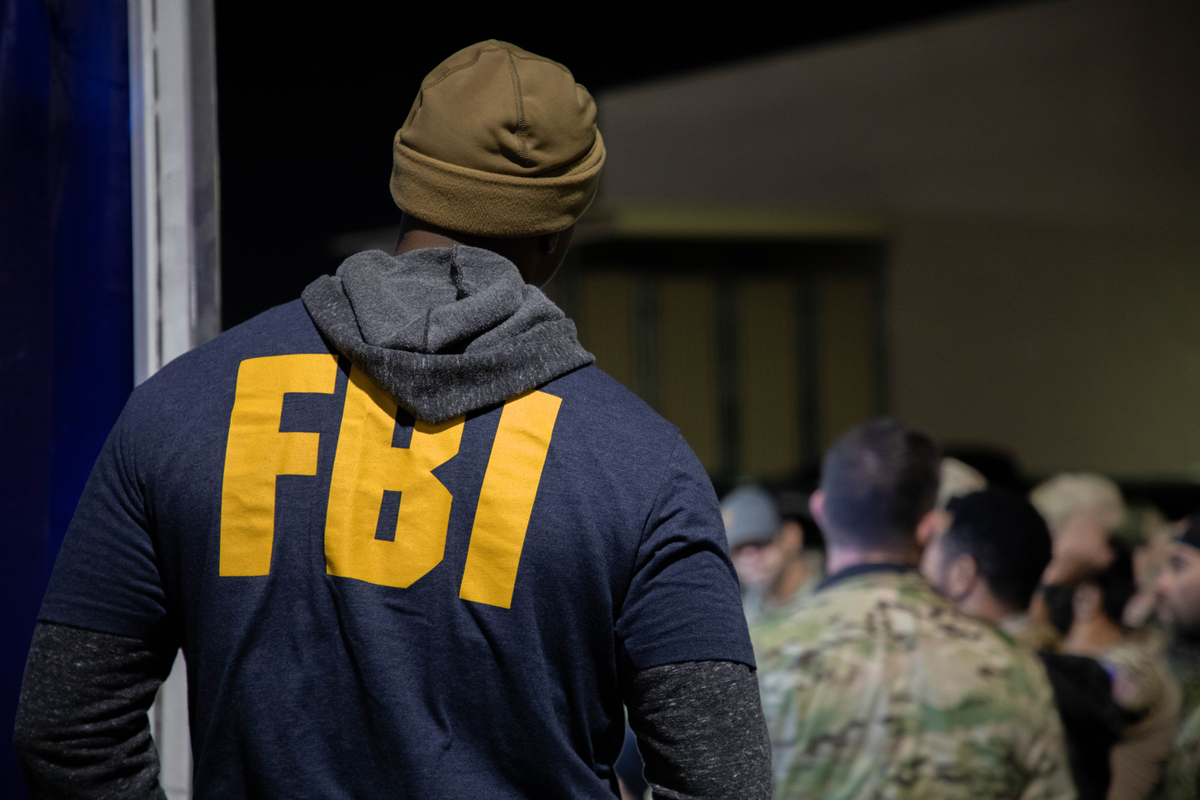 By Allan Lengel
For AOL News
By Allan Lengel
For AOL News
WASHINGTON — A Justice Department document asks the simple question: Why Go Undercover on Facebook, MySpace, etc.?
Then it goes on to explain: “Communicate with suspects/targets” … “gain access to non-public info” … “map social relationships/networks.”
The document, part of a Justice Department PowerPoint presentation, demonstrates how some federal and local law enforcement agents are quietly creating fictitious accounts on social networks like Facebook and MySpace to get dirt on suspected criminals. The presentation recently surfaced in a Freedom of Information Act lawsuit in a San Francisco federal court.
Some federal and local law enforcement agents are quietly creating fictitious accounts on social networks like Facebook and MySpace to get dirt on suspected criminals
“This is just the way people meet these days — electronically,” James Cavanaugh, special agent in charge of the Nashville office of the Bureau of Alcohol, Tobacco, Firearms and Explosives, told AOL News. “It wouldn’t be any different than calling someone on the phone, say, in an undercover capacity. If we can meet them on Facebook by creating a fictitious account, that’s great. ”
Even so, the Electronic Frontier Foundation in San Francisco filed the lawsuit in December against about a half a dozen federal agencies to create a public dialogue on the matter and make sure agencies have guidelines for agents, according to Marcia Hofmann, a senior staff attorney for the foundation. The Justice Department, Homeland Security, Treasury, the CIA and the Office of the Director of National Intelligence are included in the suit.





